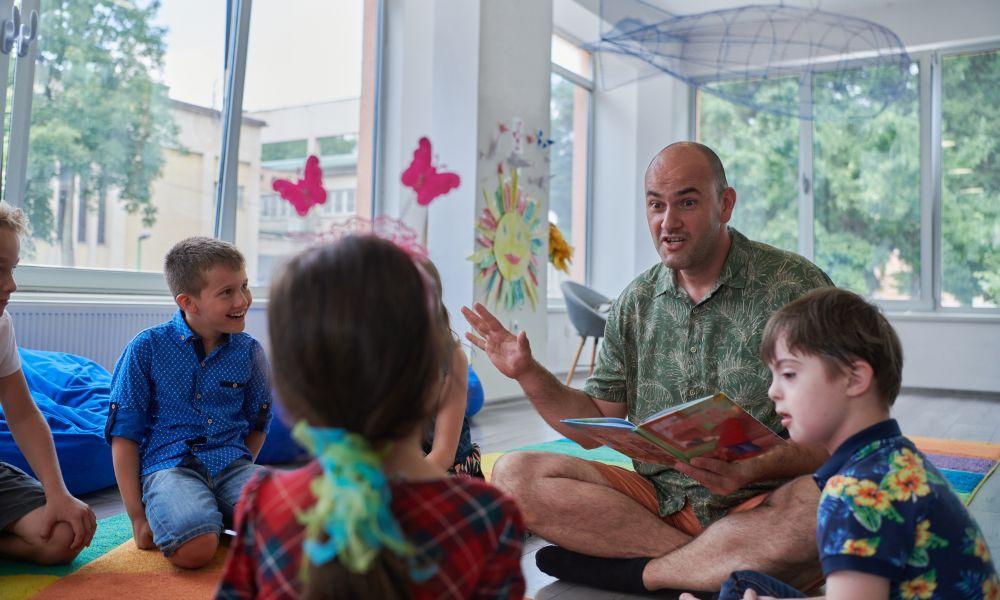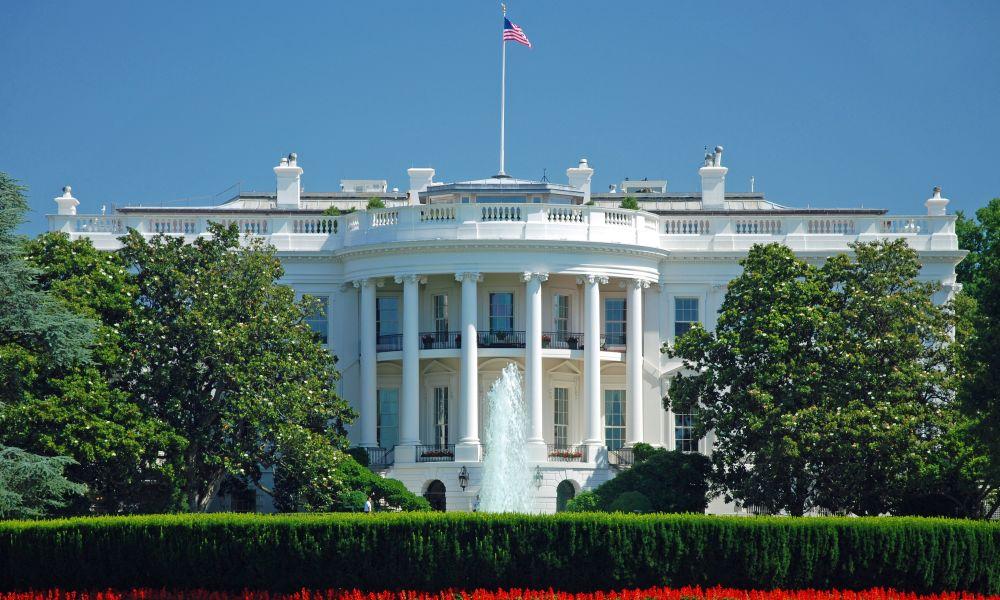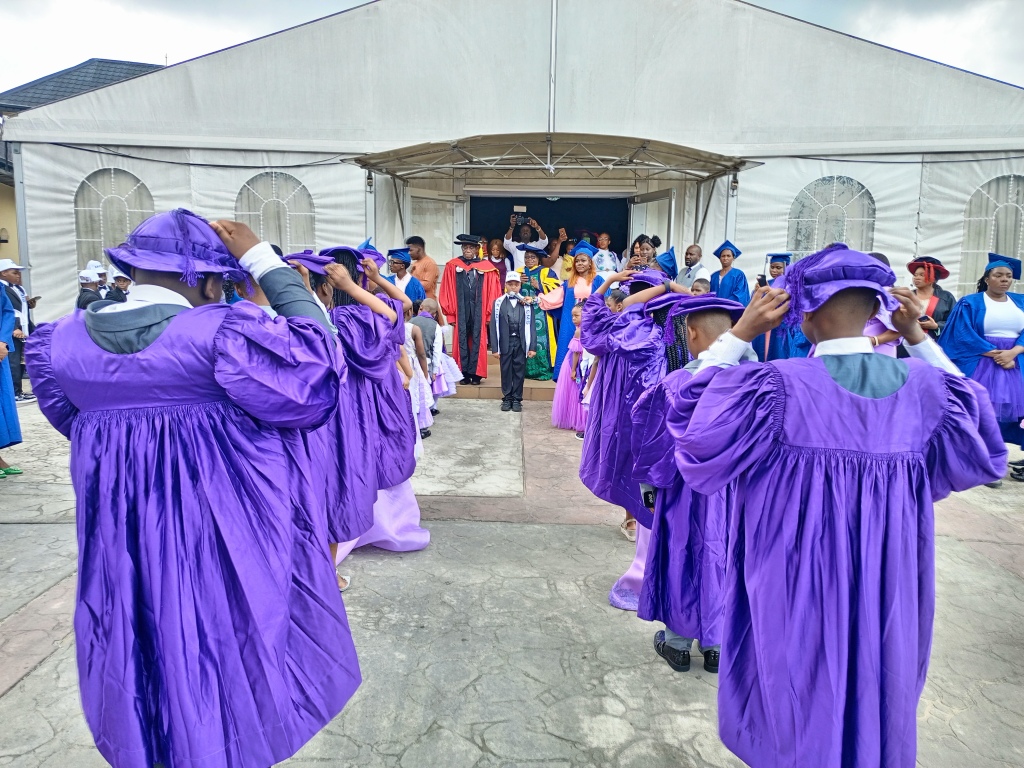Jan 29,2024
Author Jo Earp

Welcome back to a new year of Teacher content. As usual, we are kicking things off with a look at some of the significant events, celebrations and themes for 2024 that you can use in your lesson planning. As well as the key dates in each term, we’ve also included links to more information and resources.
If you’d like to share your own recommendations for links and resources with the Teacher community, or if you’ve got another theme or event to add to list below, add the details in a comment at the end of this article.

Term 1
One of the first events of the 2024 school year is Safer Internet Day on 6 February. It’s a global initiative involving schools, communities, families and organisations in more than 160 countries. In Australia, the eSafety Commissioner has produced a 2024 Safer Internet Day Back to School Campaign Kit (available to download on this page) which includes curriculum-aligned resources for primary and secondary, teacher professional learning, factsheets, and a ‘Connect. Reflect. Protect.’ poster and classroom activity. You can also register for free Virtual Classroom Webinars for year 3-4 and year 5-6 students.
The Lunar New Year – also known as Chinese New Year or Spring Festival – takes place on 10 February, and 2024 is the Year of the Dragon. Lunar New Year is celebrated across many cultures, including in Vietnam and Korea. This calendar of cultural and religious dates has more information for these celebrations and others throughout the year. And, SBS has curriculum linked Lunar New Year resources.

[Image: ©Adam Calaitzis/Shutterstock]
UNESCO’s International Mother Language Day promotes awareness of linguistic and cultural diversity and has been observed on 21 February each year since 2000. The focus for this year is ‘multilingual education is the pillar of learning’. UNESCO says ‘40% of the world’s population does not have access to education in a language they speak or understand … Yet research shows that the use of learners’ own language(s) in schools provides a solid foundation for learning.’ As such, on International Mother Language Day, they will seek to highlight the importance of implementing multilingual education policies.
Into March now, and #InspireInclusion is the theme of International Women’s Day 2024. ‘International Women’s Day provides an important opportunity for teachers, parents and caregivers to educate and inspire children and students about gender equality. From celebrating women’s achievements to challenging gender stereotypes and bias, educating future generations about gender equality is one of the most grassroots differences anyone can make,’ the official website notes. It also has lots of resources for educators to help you plan and more information about the 2024 theme.
Another global event is UNESCO’s World Poetry Day. Held on 21 March every year, the 2024 celebration falls during the school week, so it’s a great opportunity to incorporate it into lesson planning for your class, with a colleague, as a faculty, or even a whole-school event.
Finally, if you’re a secondary teacher, a competition for students that should definitely be on your radar for Term 1 is the International Mathematical Modeling Challenge (IM2C). The IM²C involves teams of secondary students working over 5 consecutive days to come up with solutions to real-word mathematical scenarios. The national winners from each participating country then go on to an international round of judging. Registrations open on 1 February and the final date for submission of reports is 26 March. More information for Australian educators about the competition, curriculum links, supporting resources, important dates and how to register is available on the IM²C website.
Term 2

[Image: ©Dotshock/Shutterstock]
On Wednesday 22 May, schools around the country will be taking part in National Simultaneous Storytime, and a reminder that this year it will be at the new time of 12pm (AEST). The chosen book for 2024 is Bowerbird Blues by Aura Parker. Register at the Australian Library and Information Association (ALIA) website and you’ll get access to classroom resources, including videos, audio recordings and a PDF copy of the book. If you want to extend it further with your young students, you could read some of the other chosen books from previous years – there’s a full list on the website.
Another date for your diary in Term 2 is National Reconciliation Week, which runs from 27 May to 3 June. The theme for 2024 is Now More Than Ever. Organisers explain it’s a ‘reminder to all of us that no matter what, the fight for justice and the rights of Aboriginal and Torres Strait Islander people will – and must – continue.’ Head to the Reconciliation Australia website to find out more about National Reconciliation Week, the significance of the dates, and the design and artwork by Gubbi Gubbi artist Maggie Douglas chosen for 2024.
Another event held on the same date each year is World Environment Day, on June 5. As usual, there are lots of opportunities for learning and links to the curriculum. The focus for 2024 is land restoration, desertification and drought resilience. More information will be added to the World Environment Day global website as the event draws nearer.
NAIDOC Week begins on Sunday July 7 and falls during the school holidays for a lot of states and territories, so you may want to hold your celebrations at the end of Term 2. NAIDOC Week recognises the ‘the history, culture and achievements of Aboriginal and Torres Strait Islander peoples,’ and is ‘an opportunity for all Australians to learn about First Nations cultures and histories and participate in celebrations of the oldest, continuous living cultures on earth.’ The theme for 2024 is ‘Keep the Fire Burning! Blak, Loud & Proud’. The educational resources will be released nearer the date, but you can already download the Supporting NAIDOC toolkit (PDF, 4.2MB) for use throughout the year. Schools are also able to apply for funding to run an activity or event that directly relates to the 2024 theme.
Another date to keep in mind as you head towards the Term 2 holidays is for the Australian STEM Video Game Challenge. This free, national video game development competition for years 3-12 seeks to engage students in STEM subjects, enable them to develop real-world skills and empower more of them to choose STEM careers. This year, teams of 1-4 students, mentored by a teacher or other adult, need to build a game that incorporates one or more aspects of the theme ‘stars’. Registrations are already open, and the submission window will be from 8 July to 22 July 2024. There’s loads of information and curriculum-aligned resources for mentors at the website, and you can build the excitement early by looking at last year’s winners with your students.
Term 3
Major sporting events provide lots of learning opportunities and 2024 is a Summer Olympics and Paralympics year, with Paris the host city. The Olympics run from 26 July to 11 August, followed by the Paralympics from 28 August to 8 September. For PE teachers, why not give a go to new sports with your students? There are also some handy educator resources at the Olympic Museum site covering themes from ‘fair play’ and meaningful symbols of the Games, to sports photography and poster art.

[Image: ©ChameleonsEye/Shutterstock]
National Science Week this year runs from 10-18 August and the theme is ‘Species Survival – More Than Just Sustainability’. Organisers explain: ‘The theme aims to highlight the importance of science and innovation in ensuring the survival and thriving of different species in an ever-changing world. Students will have an amazing variety of topics to investigate, and be able to dive into issues of particular interest to them: disease-causing organisms, life-saving chemicals, clean water, photosynthesis, genetic screening, physics of building structures, artificial intelligence, and microplastics.’ Head to the main site for hints and tips for holding a National Science Week event at your school, register your own event and find out what other schools are doing, and access the teacher resources.
Finally for Term 3, R U OK? Day encourages everyone to reach out and start a conversation when they spot signs that a friend, family member or colleague may be struggling with life. This national day of action takes place on the second Thursday of September (12 September in 2024) but there are a host of resources you can use in your classroom or staffroom throughout the year. The official R U OK? Day website is a great place to start.
Term 4

[Image: ©Vacclav/Shutterstock]
There are more than 40 national elections being held around the world in 2024. The one that’s sure to grab the headlines in Term 4 is the US Presidential Election. As well as taking a look at what’s happening ‘stateside’, it’s an opportunity to plan learning activities related to government and democracy.
World Teacher’s Day is held internationally on 5 October each year to commemorate the anniversary of the adoption of the ‘1966 ILO/UNESCO Recommendation concerning the Status of Teachers’. In Australia, schools celebrate on Friday 25th October 2024. It’s a fantastic opportunity to give thanks for the amazing work that education professionals everywhere do. There’ll be an announcement about this year’s theme nearer the event.
Finally, for this round-up, another global annual event is World Cities Day, which is held on 31 October. The aim is to raise awareness of the challenges and visions for sustainable urban development, and how to build equitable, prosperous and sustainable inclusive cities for communities. There is a different host city every year (still to be announced at the time of writing), and the general theme is ‘Better City, Better Life’. The focus topic for 2024 (also to be announced) will be linked to young people leading climate and local action for cities. The UN says: ‘Young people advocate for bolder steps and actions to tackle climate crisis in our cities. It will draw attention on how we can capture these bold ideas and ambitious targets and turn them into achievements.’
Consider the key events and themes mentioned in today’s article. Which of these do you anticipate you’ll use with students in your lessons this year? Are there any events you’re particularly excited about covering with students?

Popular articles

Popular Podcasts
- Podcast: Challenging behaviour in students
- Podcast: Developmental leadership coaching
- Podcast: Creativity in the Arts and STEM
- Podcast: Early years anti-bullying education
- Podcast: Refocusing teaching and learning















